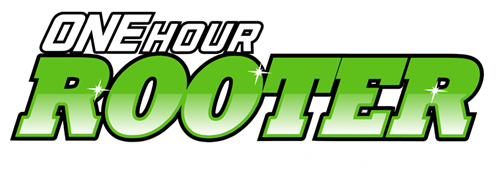How Different Water Affects Your Home’s Pipes
Have you ever wondered how much your home’s water affects your overall plumbing? You know when you have hard water that isn’t good for your plumbing, but what about the actual water source?
The type of water you has a huge effect on the pipes and overall plumbing in your home! Learn more about the different sources of water, how this affects your home’s plumbing, and what you can do to prevent any issues.
Your Water Source
Your home either has city water or well water. According to the EPA, approximately 150,000 public water systems provide drinking water to most Americans. About 10 percent of people in the United States rely on water from private wells. The biggest difference between well and city water is the treatment process. Your municipality follows strict government-mandated water treating processes and quality testing. If you have well water, you are in charge of your own water quality.
Homeowners with well water should test for bacteria, nitrates, and pH levels on a regular basis for any signs of bacterial and parasitic infections. The earlier you detect and catch anything, the quicker you can resolve the issue! A local plumber can perform a thorough check on your well system and water quality.
Soft Vs. Hard Water
Soft water is water that has been treated. This water has small amounts of ions of calcium and magnesium minerals and low PH but high in sodium. Natural sources of soft water include rainwater or groundwater, which has passed through hard rocks.
Usually, soft water isn’t too much of an issue for your home’s pipes. However, this type of water causes concern for lead pipes, as water passes through it could take unhealthy things such as lead into drinking water.
Hard Water and Your Pipes
If you’ve ever had a drink of hard water, you may notice a metallic taste! That’s because hard water has a high level of calcium and magnesium. Hard water can wreak havoc on your appliances such as washing machines and dishwashers because these high levels lead to buildup.
Limescale deposits can clog up water pipes restricting the flow and causing clogging. Steel piping is most susceptible to buildup from soft water, while copper and plastic piping are not as much.
While copper, PVC, and PEX pipes are more resistant to hard water buildup and corrosion, it can still get clogged up from the buildup.
Hard water creates scale buildup in normal water heaters. The higher the water temperature, the more the hard water will create the buildup which leads to higher utility bills. Your best defense against hard water is your water softener.
Your Water Softener
Thanks to your water softener, your hard water is softened by removing calcium and magnesium. Some benefits of using this are it increases the life cycle of appliances like hot water heaters and refrigerators, dishwashers. It reduces soap deposits and keeps pipes from freezing.
During the water softening process, small beads absorb the hard minerals from the water. The appropriate water softener will help keep pipes clean and in working order.
Your Helpful Plumber
Still unsure? Need professional help? Contact your local plumber. One Hour Rooter is your trusted plumber in the Twin Cities Metro area. Call us at 612-354-8984 if you need help with any plumbing.





